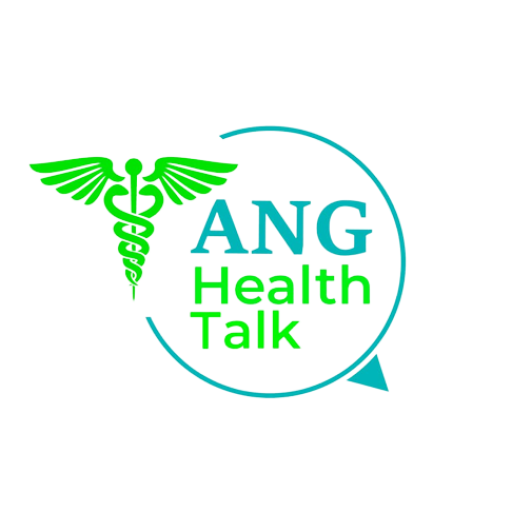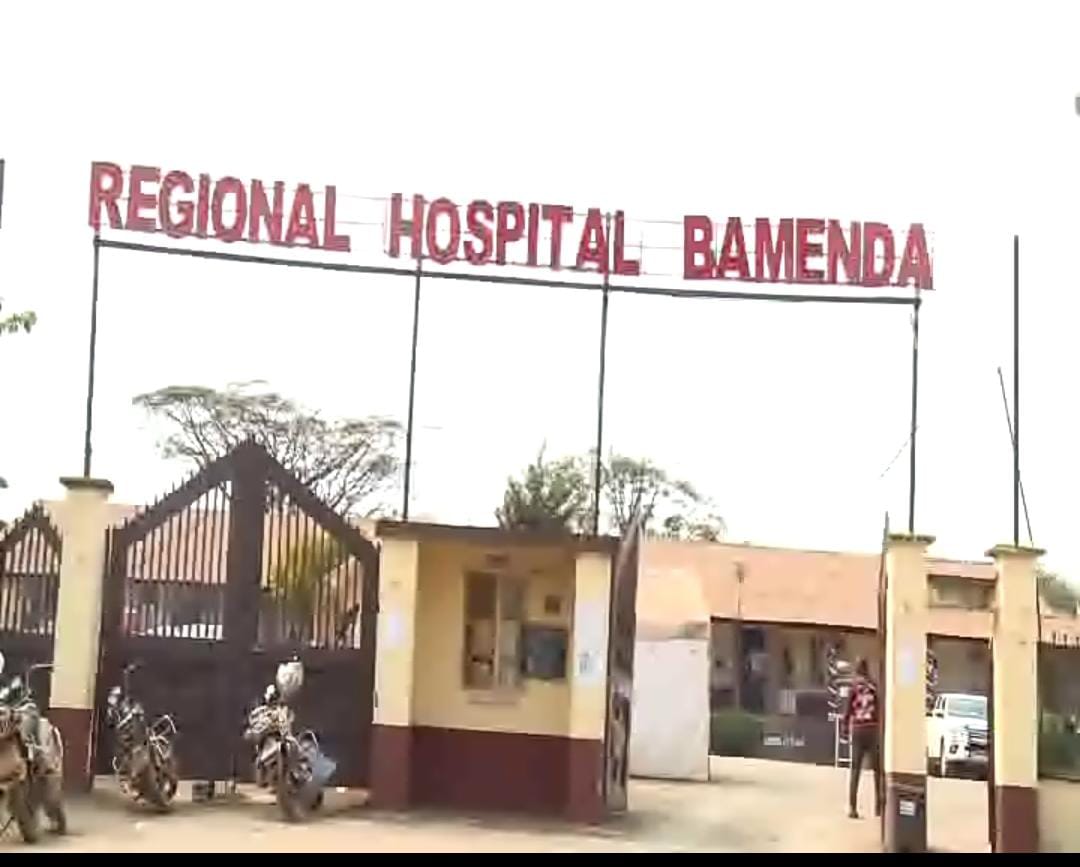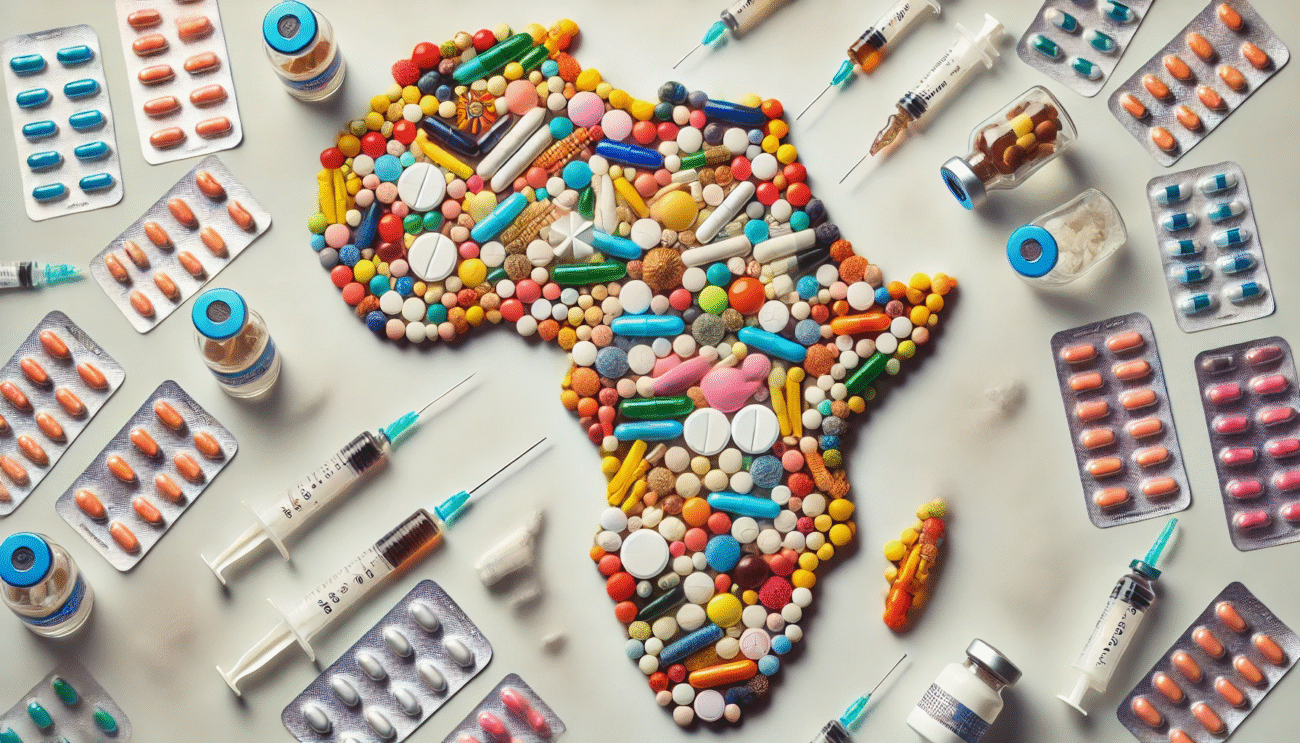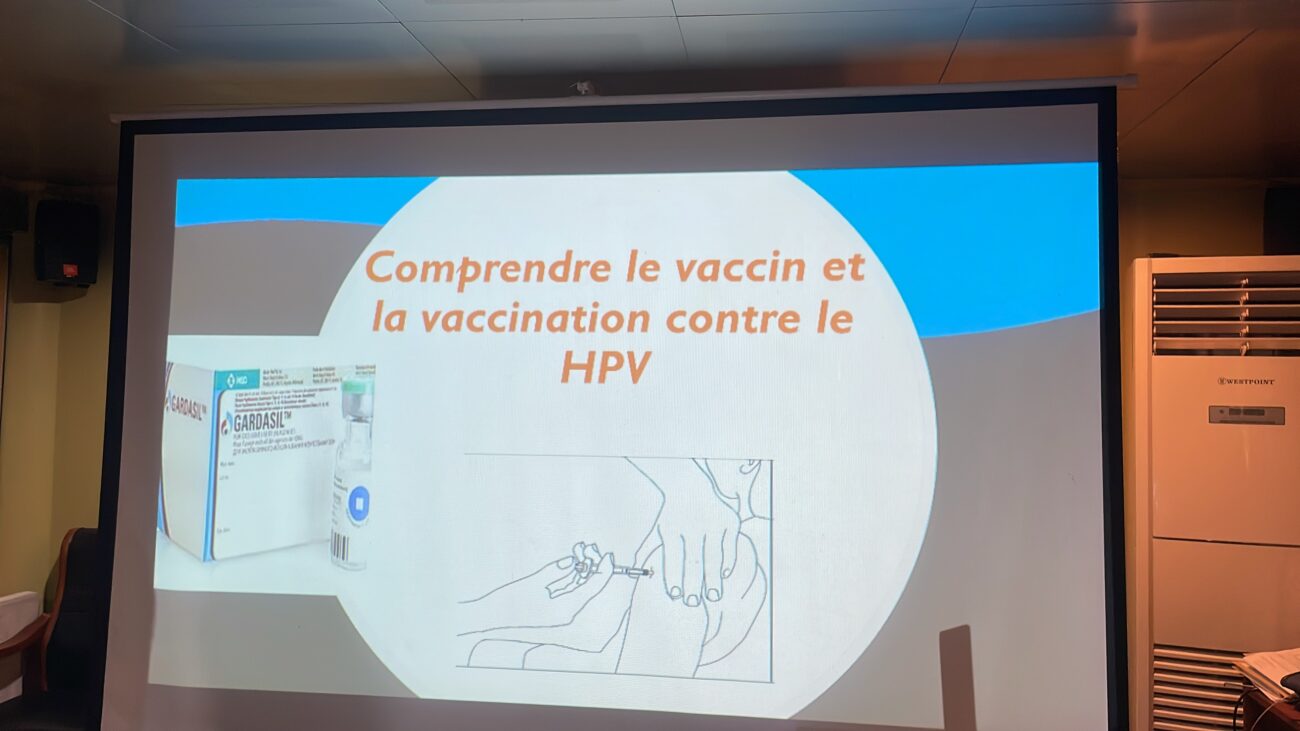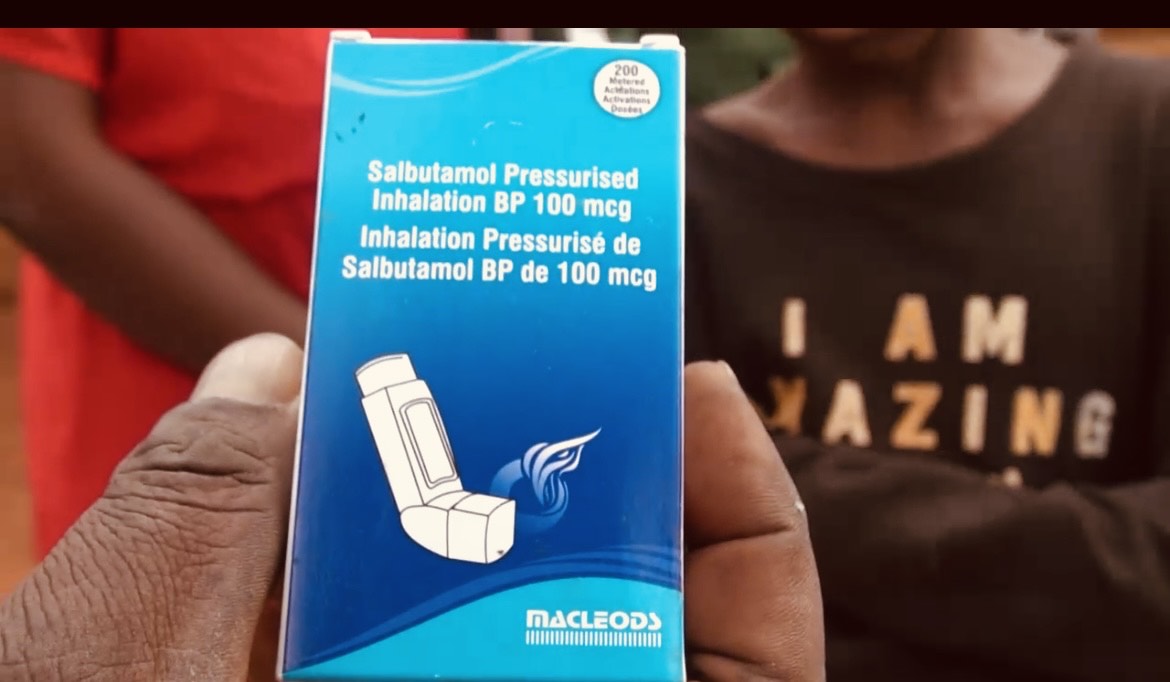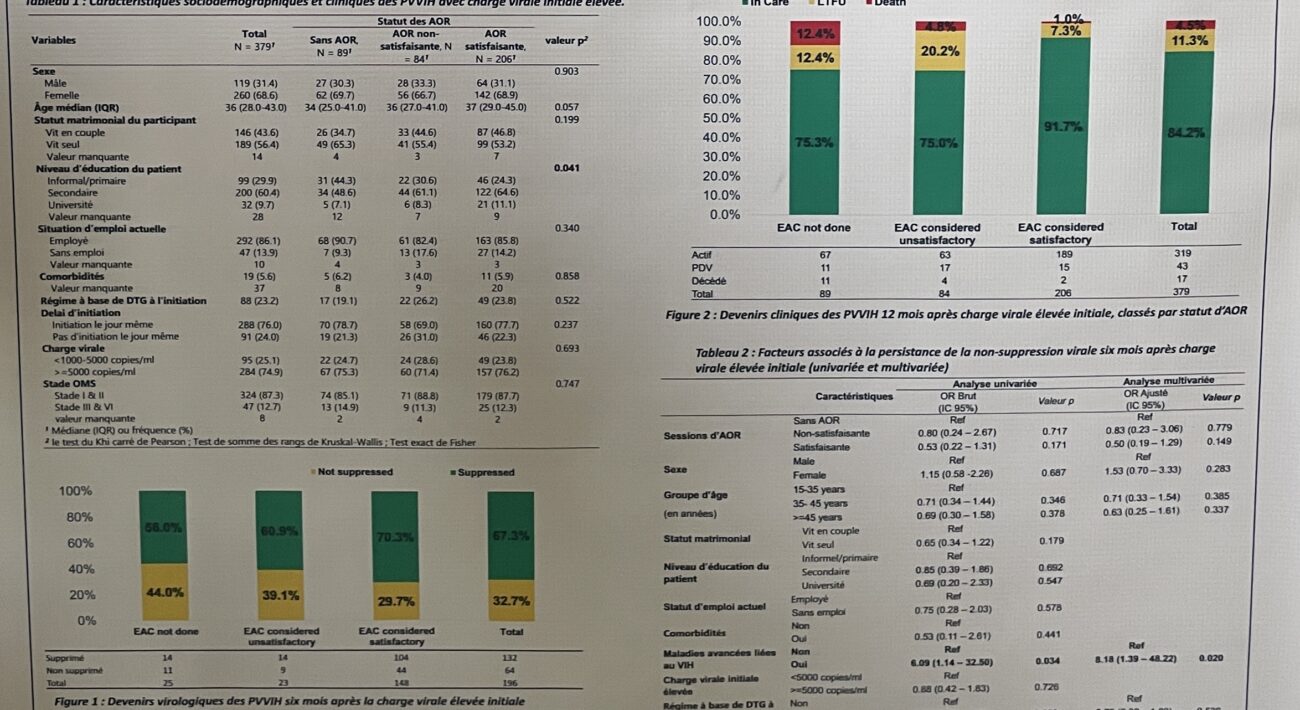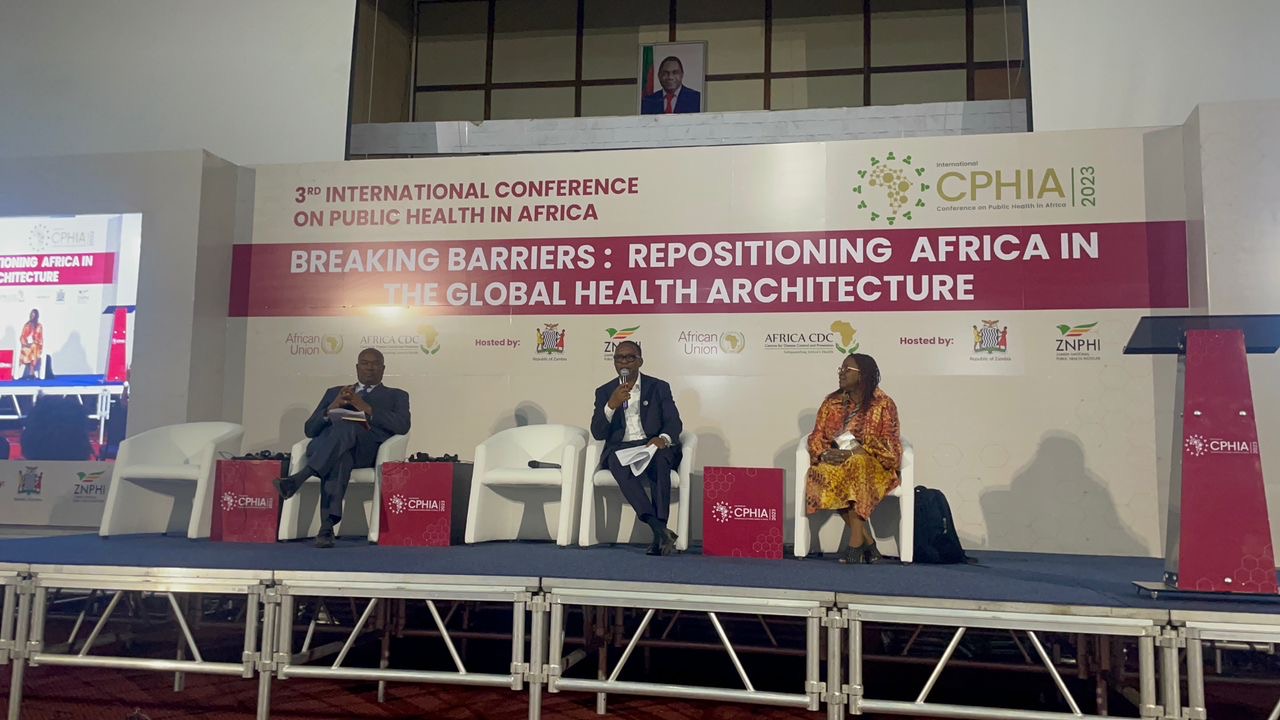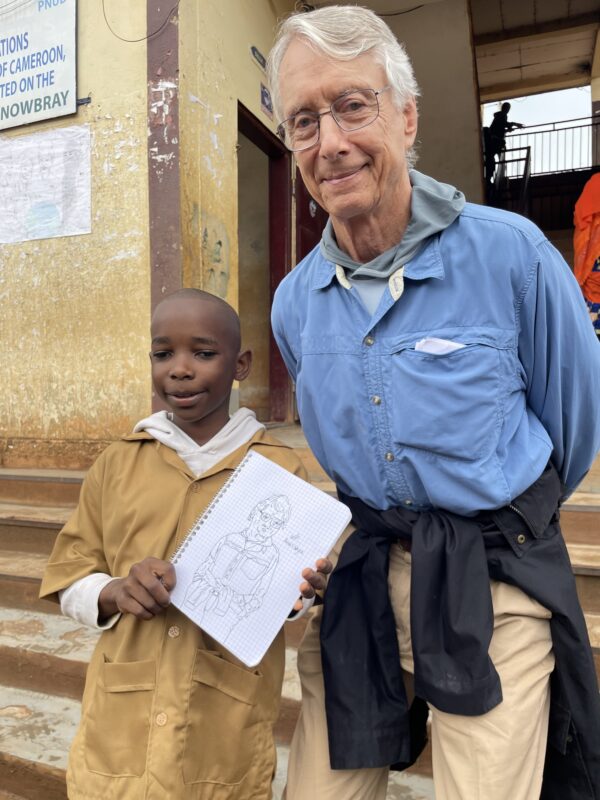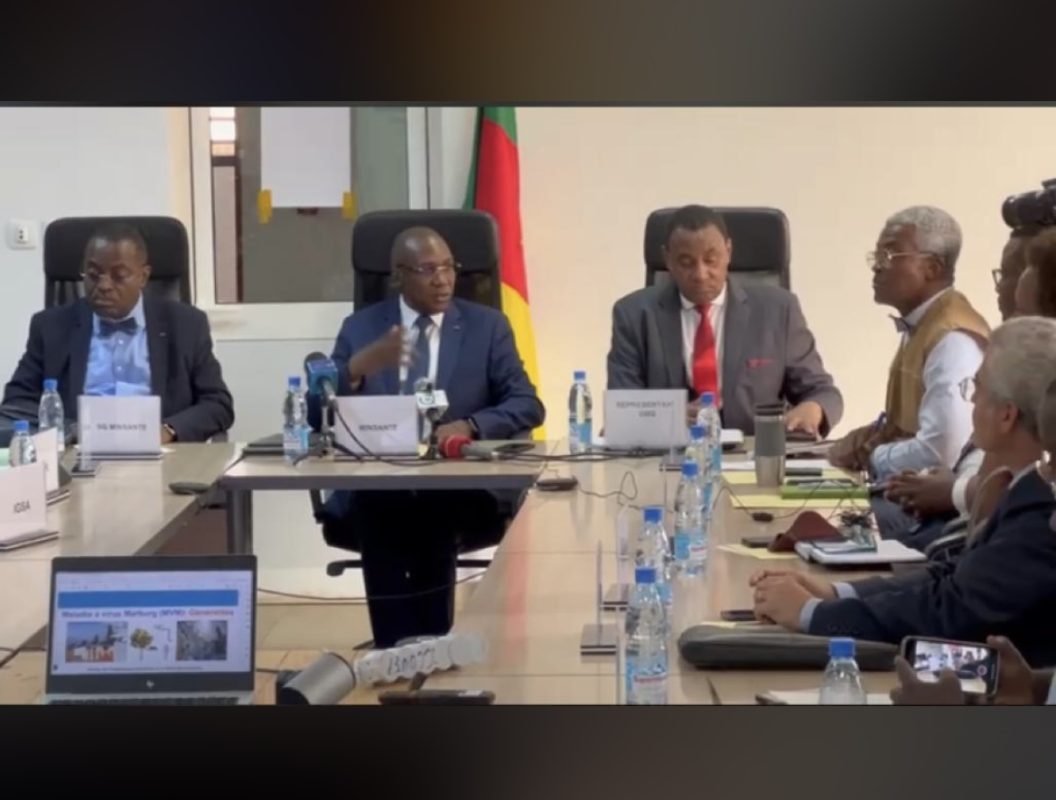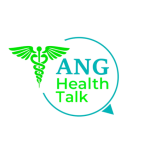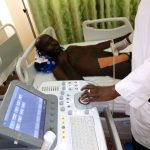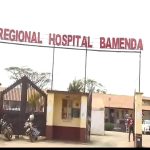Cameroon’s Minister of Public Health, Dr. Manaouda Malachie has stated that the pilot phase of the Universal Health Coverage (UHC) policy will be implemented in March 2023.
The minister and his close collaborators from the central and devolved services of the ministry presented the progress made in implementing the health reform on February 10, 2023 at their annual conference in Yaounde.
Minister Manaouda Malachie said the organisation, structuring and elaboration of the methodology of enrollment, beneficiaries, procedure to get social payments and outlining a strategic communication plan of UHC have already been done.
“The primary beneficiaries will be pregnant women and children below the age of five years. Pregnant women will receive medical attention throughout the pregnancy till the born baby is 42 days old. Priority ailments will be malaria, HIV/AIDS, tuberculosis, respiratory issues and Hepatitis B and C” says Dr. Manaouda Malachie
For the financing of the pilot phase, he noted that the budget of the Ministry of Public Health will cover the cost. Meanwhile, five sources of financing, the Minister said, have been identified for UHC and they are; from the State through taxes and technical partners, social contributions, State subvention, informal contribution and other investments.
An interministerial committee was created on May 6, 2021
which does follow up and 20 enrollment centres have
been set in eight regions of the county.
The idea behind the Universal health coverage reform is for all citizens to have access to a range of affordable, quality health services, regardless of their ability to pay.
Decentralization of Public Health Care
Regions in Cameroon have been given more powers to provide quality health care to their populations by constructing, managing, maintaining and equipping regional and district hospitals unlike in the past when everything was dictated from the nations capital, Yaoundé.
A February 10, 2023 presidential decree that transfers the competences also gives regional assemblies and local councils the powers to recruit and pay health workers.
The ministries of Decentralization and Public Health will provide working documents for the devolution of powers to be effective according to the presidential decree.
In order to achieve its UHC goal the state is allowing regions to deliver secondary and primary care to a population whose health concerns they best understand. In addition to expanding its healthcare the country has also focused on improving its healthcare infrastructure.
The government has invested in building new hospitals and clinics, carrying out renovations and providing new equipment and resources plus the training of healthcare professionals to ensure that they are able to provide high-quality care to patients.
